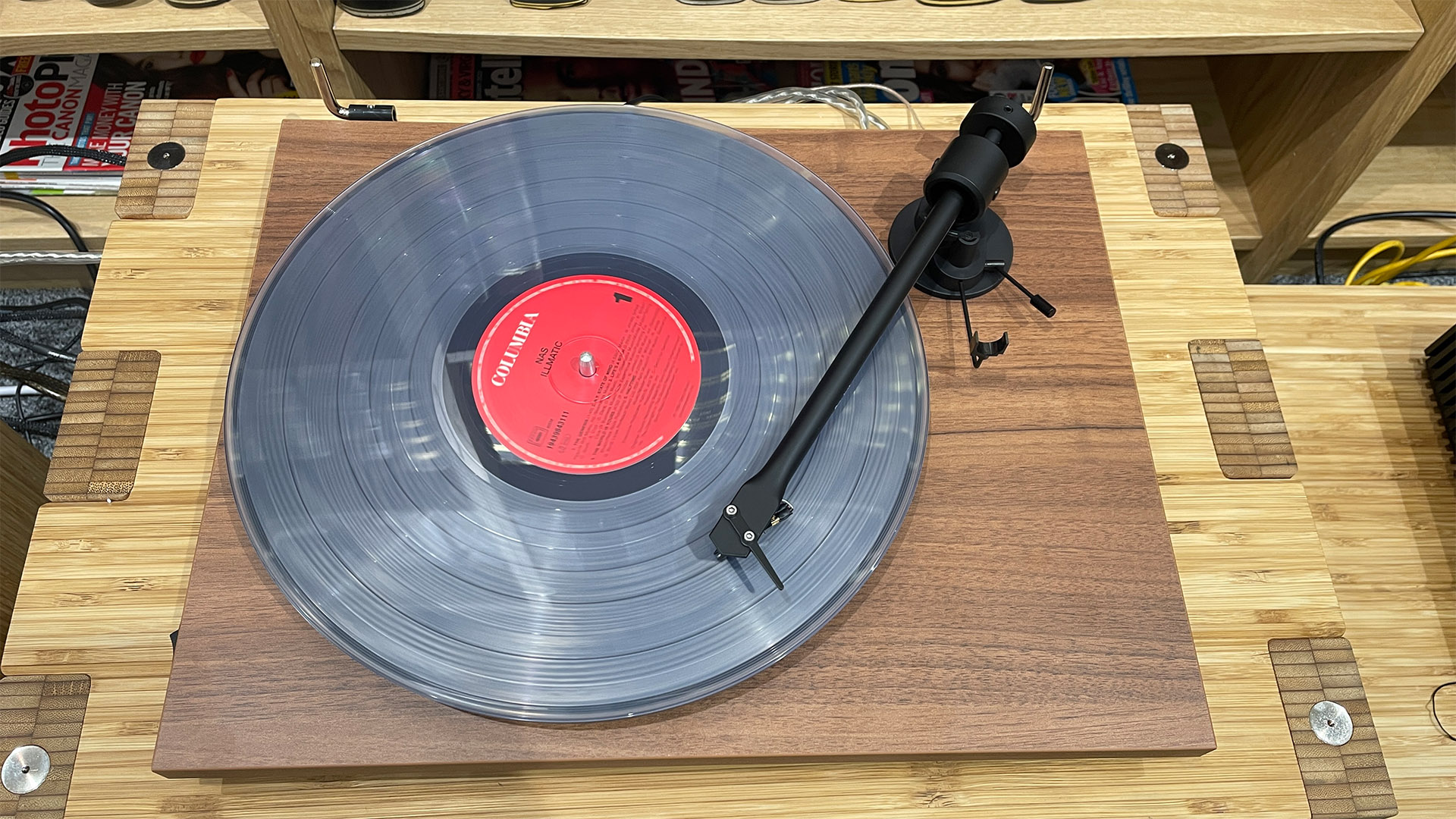Vivo’s Apex concept smartphone has a vibrating screen instead of speakers
It also has a periscope-like front-facing camera, a huge OLED screen, and integrated DAC and amps to save circuit board space.

If a phone has no speakers, how can it play music? That may sound like the start of a philosophical conundrum, but Vivo might just have the answer.
The company's 'Screen SoundCasting Technology' turns the entire display into one big speaker. Vibrations are sent through the screen instead of through smartphone speakers, using less power in the process.
Vivo claims that its tech cuts sound leakage, and optimises low to high pitch sound, so users will get a better audio experience when playing their music out loud.
The new smartphone also uses 'System in Package' (SIP) technology, which integrates the DAC and three amplifiers together inside the phone. This cuts the space required for the circuit board down by 60 per cent (compared to older Vivo Xplay6 phones), leaving space for a bigger battery.
The Apex also features a FullView OLED screen (although we don't know the resolution yet) with incredibly small bezels and a 98 per cent screen-to-body ratio.
The 8MP front-facing camera elevates upwards, out of the phone's body like a periscope, and the fingerprint scanner is built into the screen, so you can touch anywhere on the lower half to unlock it. There is also a dual-fingerprint mode for greater security.
Whether this phone eventually goes from concept to full production remains to be seen, but it's nice to see some innovation when it comes to getting better picture and sound performance from your pocket-sized companion.
Get the What Hi-Fi? Newsletter
The latest hi-fi, home cinema and tech news, reviews, buying advice and deals, direct to your inbox.
Read more:
Onkyo Granbeat tablet has 4K screen, hi-res audio and DTS:X Premium support
Nokia relaunches 8110, ditches headphone jack on four new smartphones
Huawei's new MediaPad M5 tablets support hi-res audio
LG announces V30S ThinQ with AI smarts
Could Apple launch its own branded headphones this year?
Samsung Galaxy S9 and S9+ are finally official
Adam was a staff writer for What Hi-Fi?, reviewing consumer gadgets for online and print publication, as well as researching and producing features and advice pieces on new technology in the hi-fi industry. He has since worked for PC Mag as a contributing editor and is now a science and technology reporter for The Independent.
